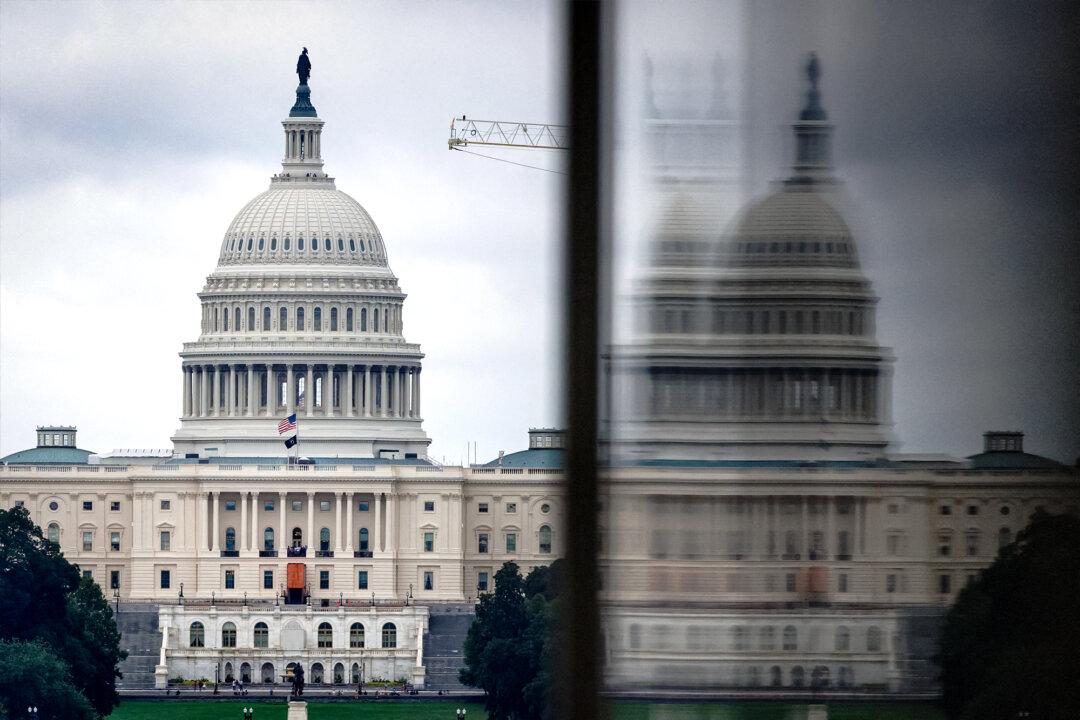Commentary
People often ask about solutions to the decline of living standards, the soaring costs of everything from housing to education, the decline of traditional manufacturing on U.S. shores, the depletion of saved capital for investment, and the growth of government power, which has compromised personal privacy and freedom of speech. The most immediate answer to it all is budget cuts toward an actual balanced budget.





